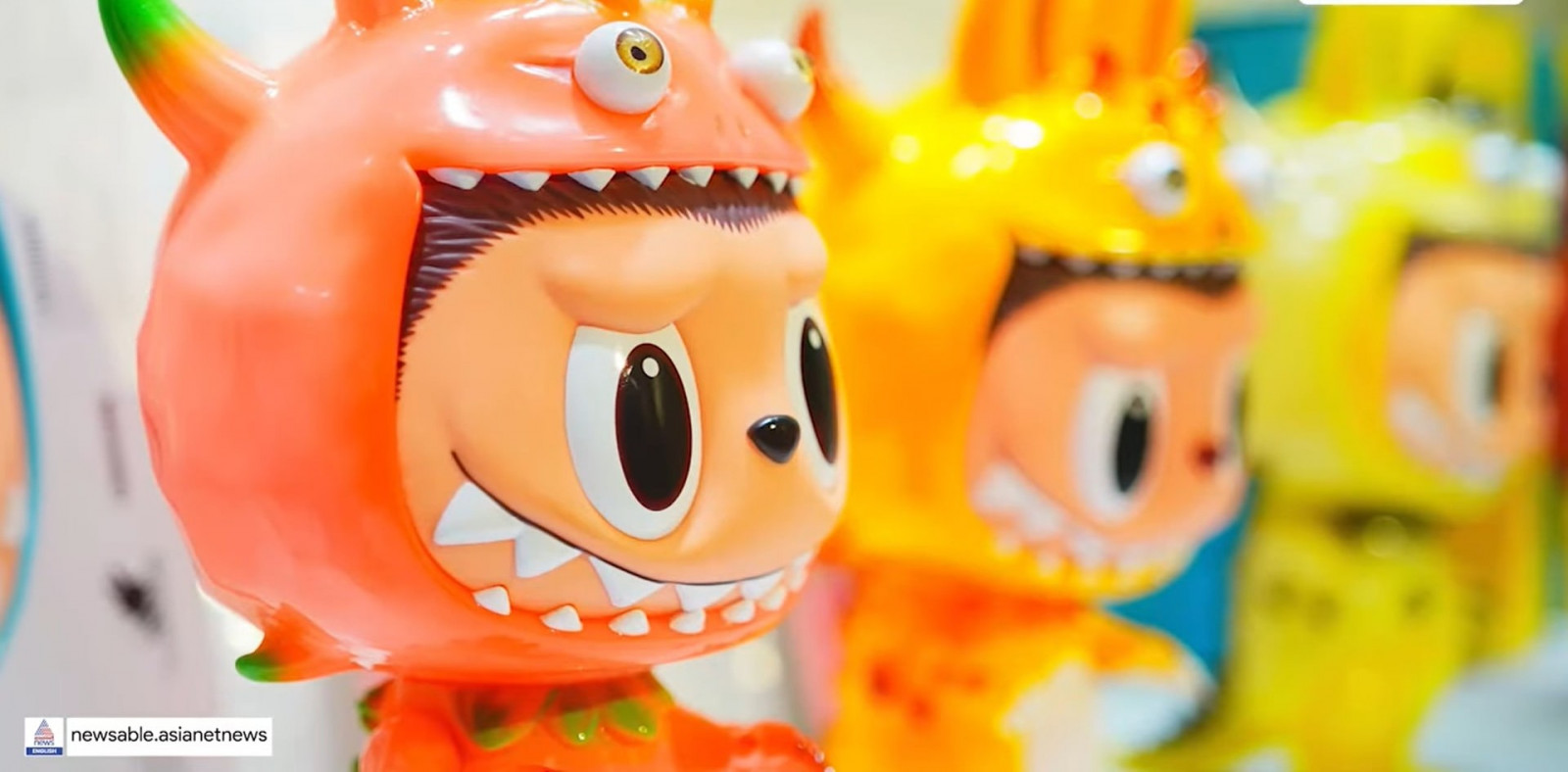Labubu Dolls Officially Banned in City After This Chilling Conspiracy Theory

© Asianet News English / YouTube
In Erbil, the capital of Iraq’s Kurdistan Region, Labubu dolls have been banned following the spread of disturbing conspiracy theories. The viral toys, known for their furry texture and wide grins, have sparked debates on cultural values and consumer practices.
Authorities Enforce Ban on Labubu Dolls

Labubu dolls have been banned in Erbil due to concerns over consumer exploitation and cultural dissonance. The city’s commercial monitoring authorities criticized the “blind box” marketing strategy. They claimed it misled buyers, offering discounted dolls that were often unavailable.
As a result, people were pushed toward higher-priced alternatives. Additionally, local officials expressed concerns that the dolls’ appearance clashed with local customs and traditions. This led to growing discomfort in some segments of the population.
The Conspiracy Theory Fueling the Ban

The Labubu dolls ban gained momentum after a chilling conspiracy theory spread online. Some social media users compared the dolls to Pazuzu, an ancient Mesopotamian demon. They argued the dolls carried “demonic energy.”
As this theory gained attention, many internet users posted videos of themselves burning the dolls. While some dismissed these claims as ridiculous, others found the conspiracy compelling. Consequently, the controversy intensified, leading to the official ban.
Cultural Sensitivity vs. Artistic Expression

Kasing Lung, the artist behind the dolls, defended his creations. He explained that the Labubu dolls were inspired by Nordic fairy tales and folklore. Lung clarified that his designs were never meant to represent anything sinister.
Despite his statements, authorities in Erbil seized over 2,000 dolls and took legal action against several businesses selling them. The ban has raised questions about balancing cultural sensitivity with artistic freedom. Many wonder if this controversy will lead to further scrutiny of viral trends in the future.
You might also want to read this: Mohn Son Sentenced to Life for Graphic Beheading of Father


